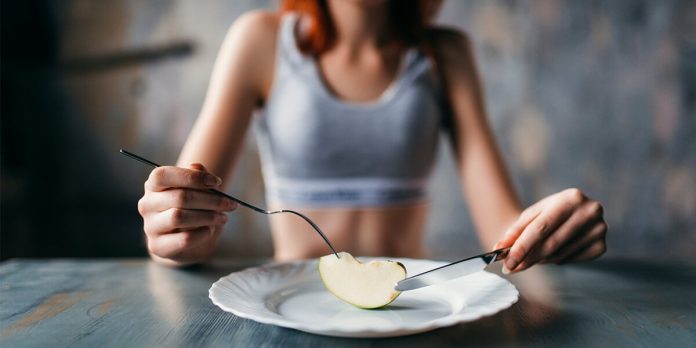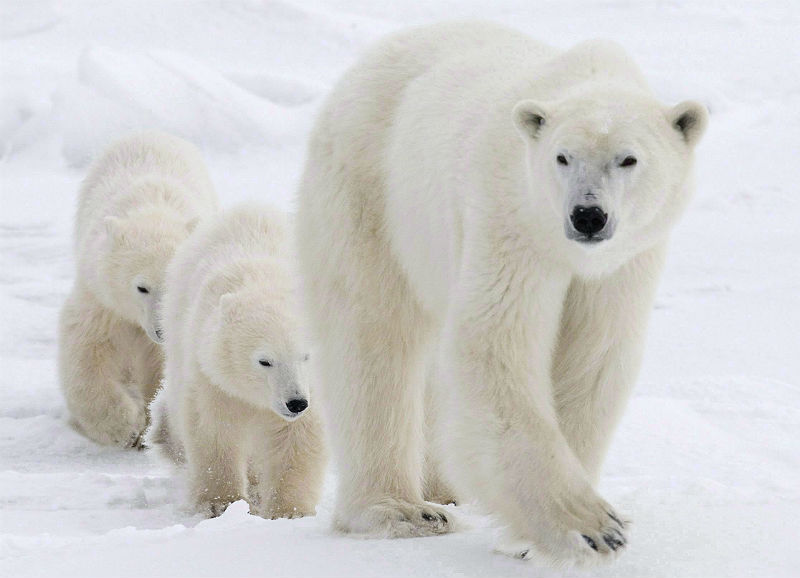We are what we eat, and so are our microbiomes. A new study shows that alterations in diet, along with other environmental factors, had a major impact on gut biomes over time as animals were domesticated. In a process that closely tracks changes in the human diet since industrialization, this shift had implications on the health of domesticated animals — and possibly on humans as well.
The question that challenged human evolutionary biologist Rachel Carmody was one of nature vs. nurture. Her study “Effects of domestication on the gut microbiota parallel those of human industrialization,” published today in eLife, answered it definitively.
“Evidence in humans and many animals to this point suggests that, surprisingly, genetics plays a small role compared to environmental influences,” said Carmody, an assistant professor in the Department of Human Evolutionary Biology and principal investigator of the department’s Nutritional and Microbial Ecology Lab.
Carmody and Aspen Reese, a junior fellow in her lab, looked at nine different pairs of wild animals and their domesticated descendants, such as wolves and dogs, wild boars and pigs, and wild European rabbits alongside the domestic variety. Though the pairs differed profoundly from one another, the tame counterparts have encountered many common environmental changes during domestication, including shifts in population density, physical activity, patterns of reproduction, medical interventions such as exposure to antibiotics, and human contact.
In addition, “We’ve changed their diets,” said Carmody. “For example, many domesticated animals are eating foods originally cultivated for human use, in processed forms that are relatively easily digestible, and that tend to be richer in fat.” While the microbiomes of wild and domesticated animal pairs resembled one another, “The process of domestication shifted the divergent microbiomes of these different species in a common direction. In other words, we were able to detect a global signature of domestication,” she said.
The fact that environment rather than genetics drove that shift became apparent as researchers switched a single environmental variable between wild and domesticated pairs — feeding wolves dog chow, for example, and raw meat to dogs. “We used diet as one example of an environmental factor that we know has changed with domestication and with industrialization in profound ways,” Carmody said.
The researchers then sampled and sequenced the microorganisms in the animals’ fecal matter. With just a short-term diet change, the wolves’ gut microbial community became dog-like, and the dogs’ wolfish. This discovery confirmed earlier work done in Carmody’s lab with mice and humans that revealed how diet not only changed the gut biome but did so relatively quickly. “Within 24 hours of seeing a new diet, the gut microbiome looks and behaves very different,” she said.
To bring the study closer to home, researchers also looked at the closest parallels in human evolution, comparing chimpanzees’ gut biomes with those of modern humans. While the evolutionary distance between chimps and humans is greater than that between, say, wolves and dogs, the same kinds of changes were seen. Notably, the shifts were clearest in humans living in industrialized societies, who have experienced the greatest changes in diet, population density, physical activity, antibiotic use, and other factors that were also involved in animal domestication.
The implications are considerable. “We know that the gut microbiome has really important effects on human health,” said Carmody. Indeed, this internal environment has been linked to “a range of human diseases,” she said, including metabolic diseases like atherosclerosis and Type 2 diabetes, cancer, neurodegenerative diseases, and autoimmune disorders.
“In some ways, it’s great news that the gut microbiome is so sensitive to environmental conditions, as this means we can manipulate it more easily to improve human health,” Carmody said. “But it’s a double-edged sword, as all the changes our recent lifestyles have had on the microbiome may create opportunities for mismatch with human biology, which changes on much slower timescales.”
This study also “raises important questions for how we think about health,” said Reese, who is now an assistant professor at University of California, San Diego, and continues to study the process of domestication. “Domestic animals are a major source of pathogens and antibiotic resistance genes, so understanding what makes their microbiomes the way they are may help us reduce the risk of transmission to humans.” In addition, because of the parallels the study shows between gut microbes in animals and humans, “It may be that domestic animals are particularly useful for studying human-microbe interactions and their implications for health,” said Reese.
This research opens several paths of study. “A next step for us is to try to understand what these changes in the microbiome really mean,” Carmody said. “Under what conditions does the extraordinary flexibility of the microbiome help us? When does it come back to bite us? And how can we responsibly harness this inner ecosystem to make ourselves healthier?”













